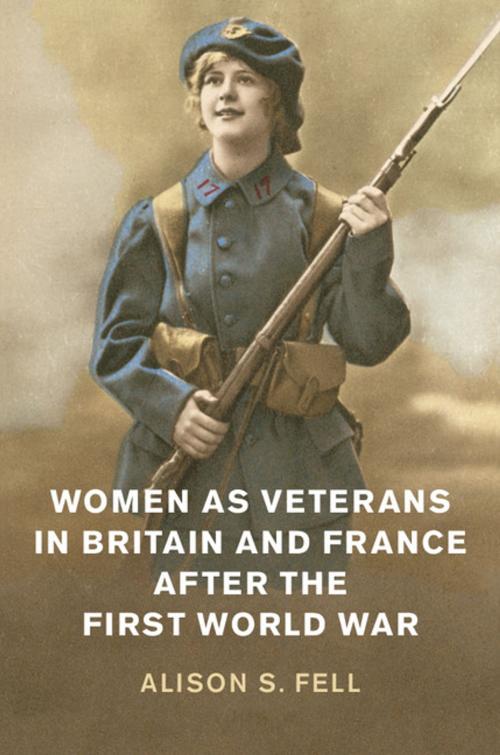Women as Veterans in Britain and France after the First World War
Nonfiction, History, Modern, 20th Century, Military| Author: | Alison S. Fell | ISBN: | 9781108673136 |
| Publisher: | Cambridge University Press | Publication: | July 31, 2018 |
| Imprint: | Cambridge University Press | Language: | English |
| Author: | Alison S. Fell |
| ISBN: | 9781108673136 |
| Publisher: | Cambridge University Press |
| Publication: | July 31, 2018 |
| Imprint: | Cambridge University Press |
| Language: | English |
This is the story of how women in France and Britain between 1915 and 1933 appropriated the cultural identity of female war veteran in order to have greater access to public life and a voice in a political climate in which women were rarely heard on the public stage. The 'veterans' covered by this history include former nurses, charity workers, secret service agents and members of resistance networks in occupied territory, as well as members of the British auxiliary corps. What unites these women is how they attempted to present themselves as 'female veterans' in order to gain social advantages and give themselves the right to speak about the war and its legacies. Alison S. Fell also considers the limits of the identity of war veteran for women, considering as an example the wartime and post-war experiences of the female industrial workers who led episodes of industrial action.
This is the story of how women in France and Britain between 1915 and 1933 appropriated the cultural identity of female war veteran in order to have greater access to public life and a voice in a political climate in which women were rarely heard on the public stage. The 'veterans' covered by this history include former nurses, charity workers, secret service agents and members of resistance networks in occupied territory, as well as members of the British auxiliary corps. What unites these women is how they attempted to present themselves as 'female veterans' in order to gain social advantages and give themselves the right to speak about the war and its legacies. Alison S. Fell also considers the limits of the identity of war veteran for women, considering as an example the wartime and post-war experiences of the female industrial workers who led episodes of industrial action.















